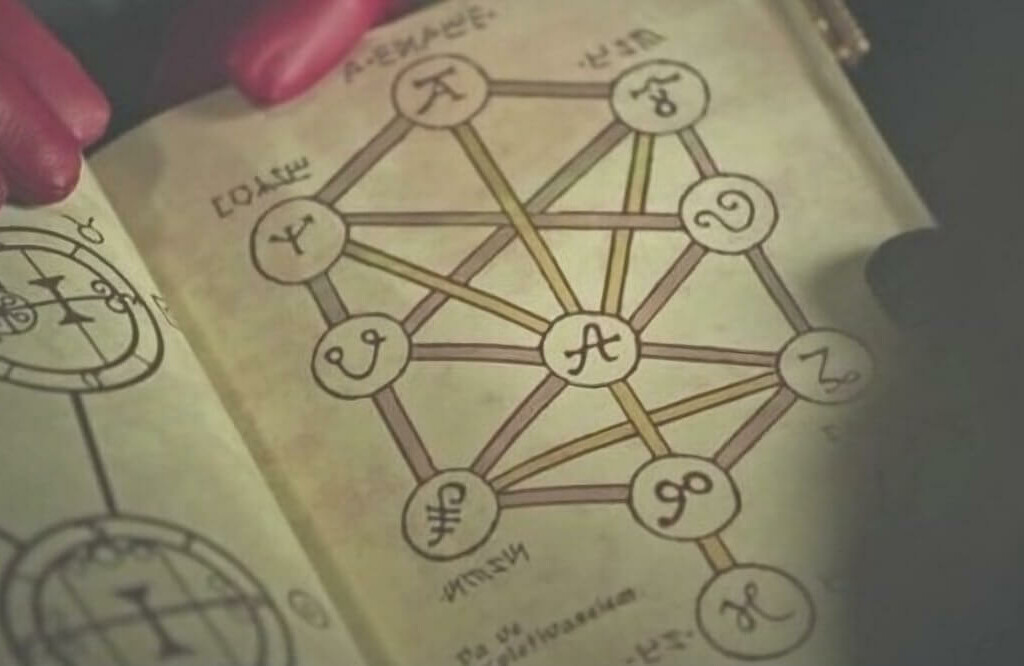The conflict between Iran and Israel has taken an unexpected turn with allegations of witchcraft used as a rhetorical tool. These narratives, blending mystical and religious aspects, pose a challenge to diplomacy and distract attention from real issues.
Witchcraft and Geopolitics: The Role of Mysticism in International Conflicts
The historical tension between Iran and Israel has evolved through multiple phases, from territorial disputes to accusations of supernatural influences. Recently, circles close to the Iranian leadership have alleged that the Jewish state employs witchcraft and mystical powers to strengthen its position in the region.
While such statements grab headlines, there is a religious and cultural backdrop that warrants careful analysis.
Historical Context of the Allegations
Over the past decade, some Iranian officials have claimed that Israel possesses “potent magic” to influence political, economic, and military matters.
These accusations, disseminated in religious seminars and local media, reference supposed spiritual powers based on Jewish texts, mainly the Old Testament. However, scholars of comparative religions argue that such interpretations are based on selective readings and do not represent mainstream Jewish practice.
Meanwhile, some Muslim leaders link these mystical powers to Israel’s influence over Western governments, particularly in imposing sanctions against Iran. This view intertwines with the Islamic concept of the Mahdi, a savior who will lead the faithful in a final battle against their enemies.
Consequently, accusations of witchcraft become another element in political rhetoric.
Theological Perspectives and Counterpoints
Belief in supernatural forces is not limited to one religion. Concepts of mysticism and esotericism exist in both Islam and Judaism.
However, most academics emphasize that practices related to witchcraft, as mentioned in ancient texts, are part of very specific historical contexts and do not represent the main currents of these traditions.
Organizations such as the Anti-Defamation League (ADL) warn that stigmatizing the Jewish people or spreading stereotypes about their alleged involvement in magical practices fosters discriminatory discourse. These claims often trace back to conspiracy theories that have circulated for centuries and have been debunked by scholars and thought leaders.
Influence on International Politics
Statements attributing alleged supernatural powers to Israel could have diplomatic repercussions. Beyond igniting cultural tensions, these narratives raise suspicions about Western powers’ collaboration with Tel Aviv.
Undoubtedly, the tension between Iran and Israel is complex, encompassing economic and military dimensions. However, accusations of “witchcraft” or spiritual manipulation may divert attention from pragmatic issues and the pursuit of negotiated solutions.
Questions also arise about how these discourses influence public perception. Observers note that attributing geopolitical events to magical factors undermines the importance of realistic analysis and discussions of concrete policies. Unintentionally, the rhetoric of witchcraft feeds an imagination that distorts verifiable facts.
The International Community’s Response
While Iranian spokespeople spread accusations of esoteric influence, Israeli representatives and independent analysts dismiss such claims as attempts to deflect internal criticism related to Iran’s economic and political issues. The Israeli government, for its part, asserts that its strength is due to a combination of high technology, international alliances, and military efficiency.
Meanwhile, multilateral organizations call for greater moderation in issuing statements that could amplify prejudice and misinformation. Most nations maintain that conflict resolution lies in dialogue and adherence to international commitments, rather than relying on supernatural explanations or allegations of witchcraft.
Specialists’ Views and Future Challenges
The rhetoric surrounding magic creates an environment in which diplomacy becomes more challenging. However, experts agree that this narrative does not replace the reality of power dynamics in the region.
The future of interactions between Iran and Israel largely depends on both parties’ willingness to explore negotiation forums and the international community’s capacity to promote agreements that ensure stability.
On the other hand, beliefs in mystical forces are often interpreted differently depending on doctrinal currents and cultures. That said, the political use of these interpretations underscores the need to distinguish between traditional devotional practices and the instrumentalization of myths for ideological purposes.
The accusation that Israel uses witchcraft to influence global affairs exemplifies the overlap between religious beliefs and geopolitical disputes. While these statements resonate with certain sectors, they lack scientific support and complicate the possibility of diplomatic understanding.
Without a doubt, the region’s future will be defined by agreements and concrete actions rather than the supernatural realm. Ultimately, international cooperation and mutual understanding prove more effective in achieving peace than any allegation of magic or esoteric powers.
Master Ruada —Religions, Beliefs, and Islamic Practices





